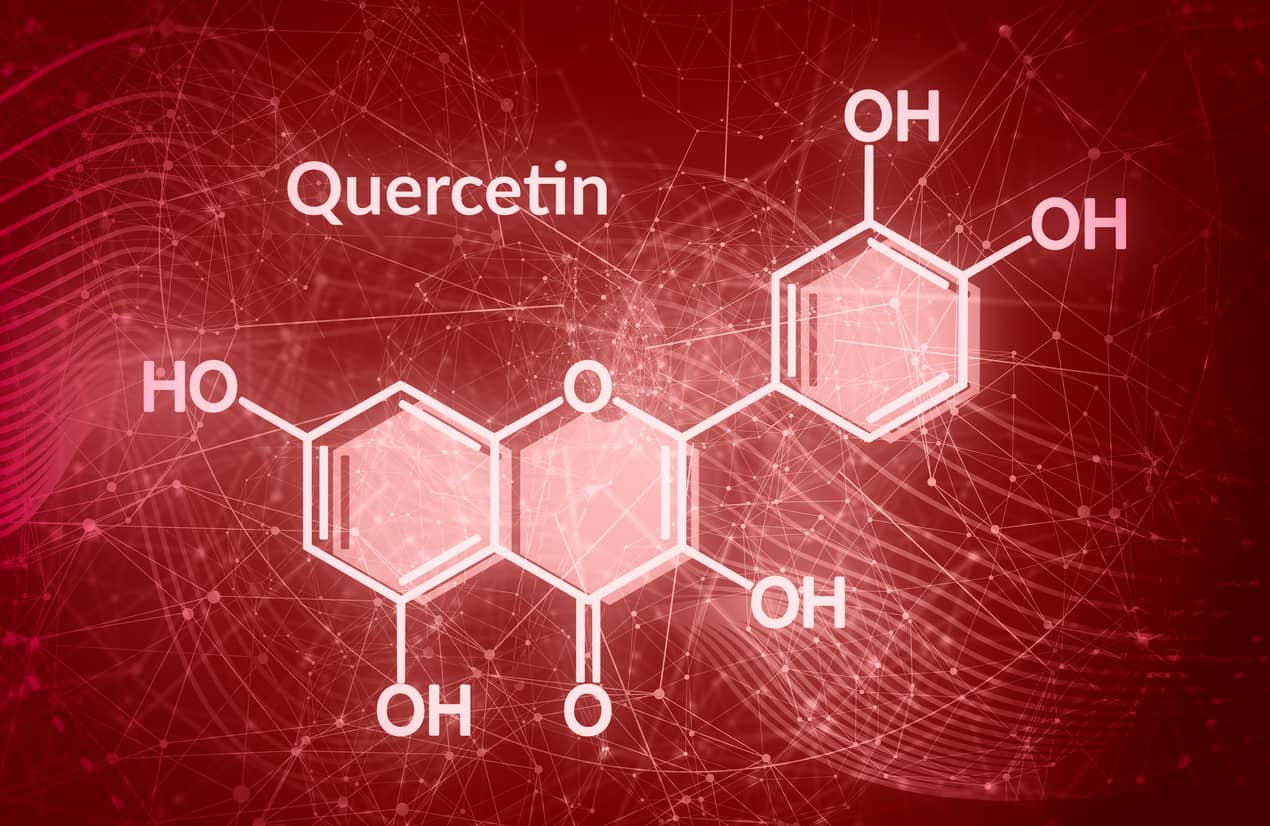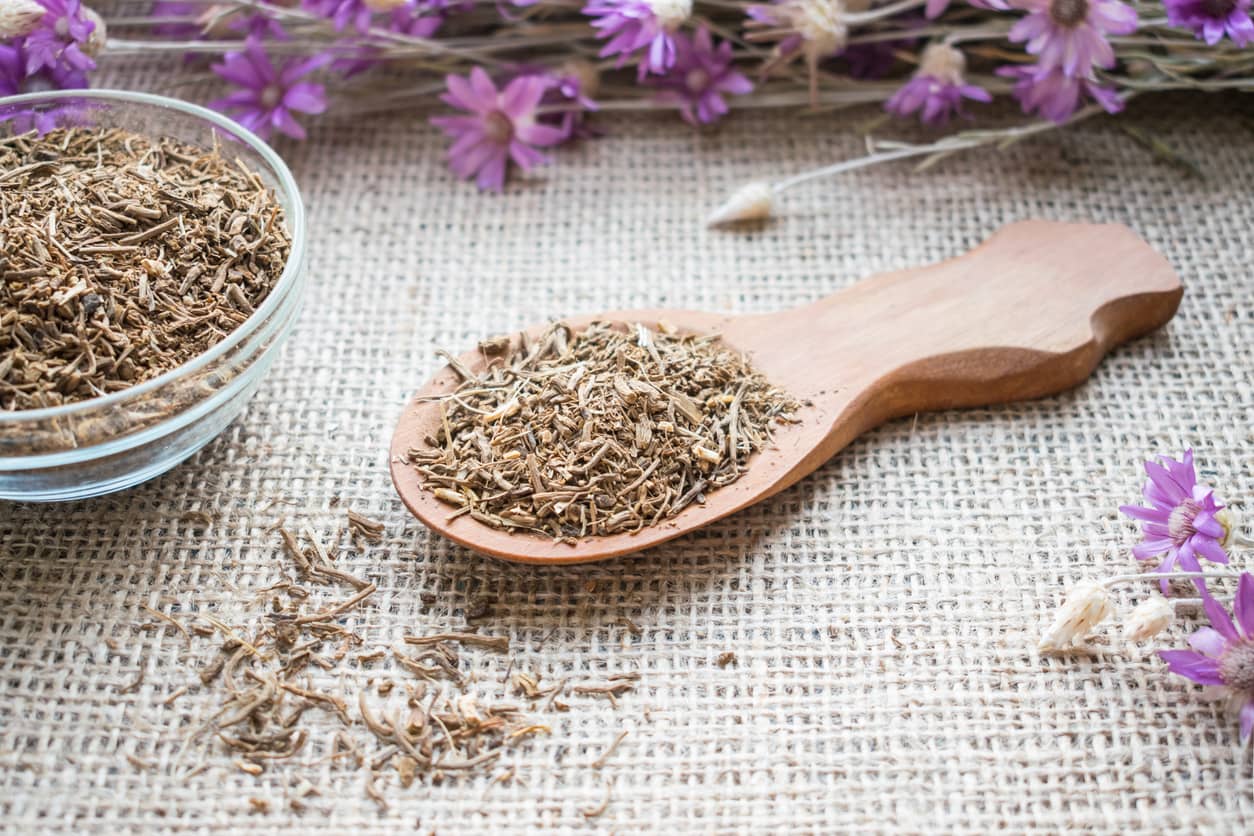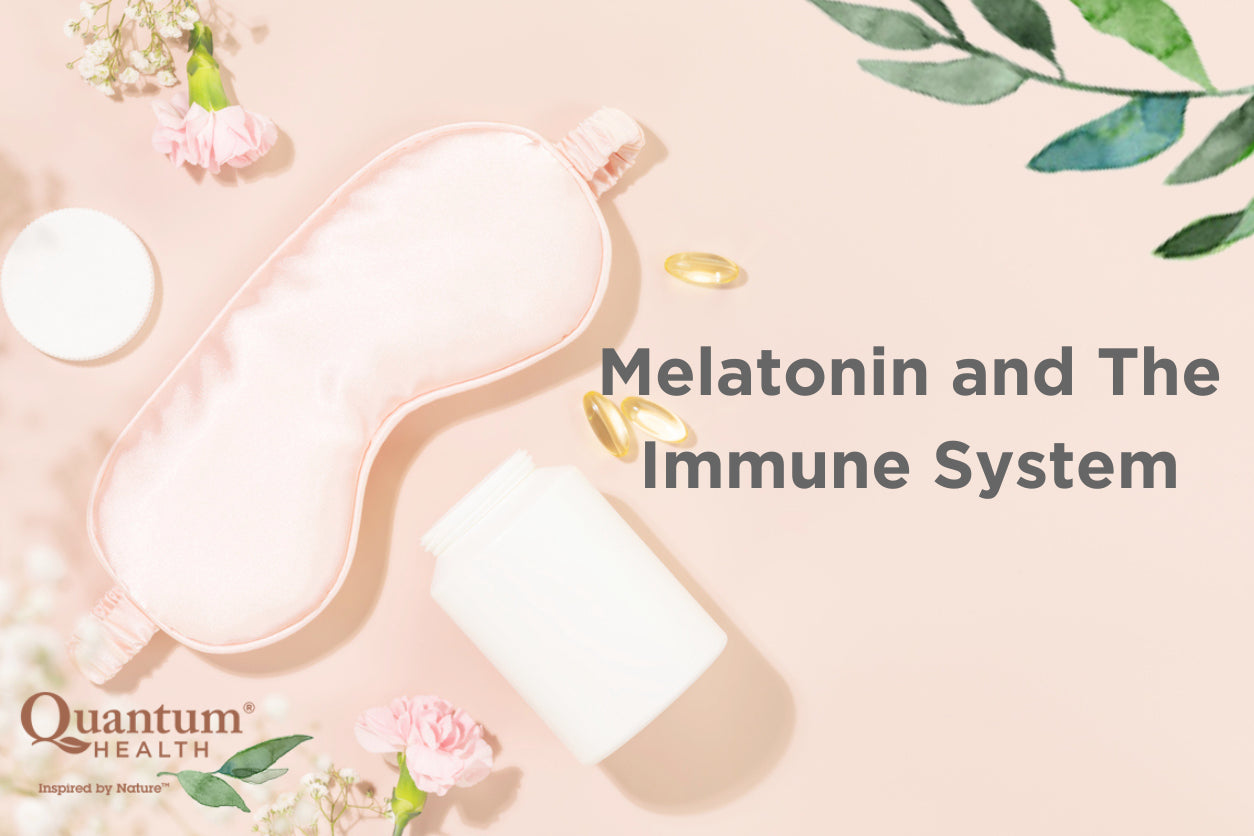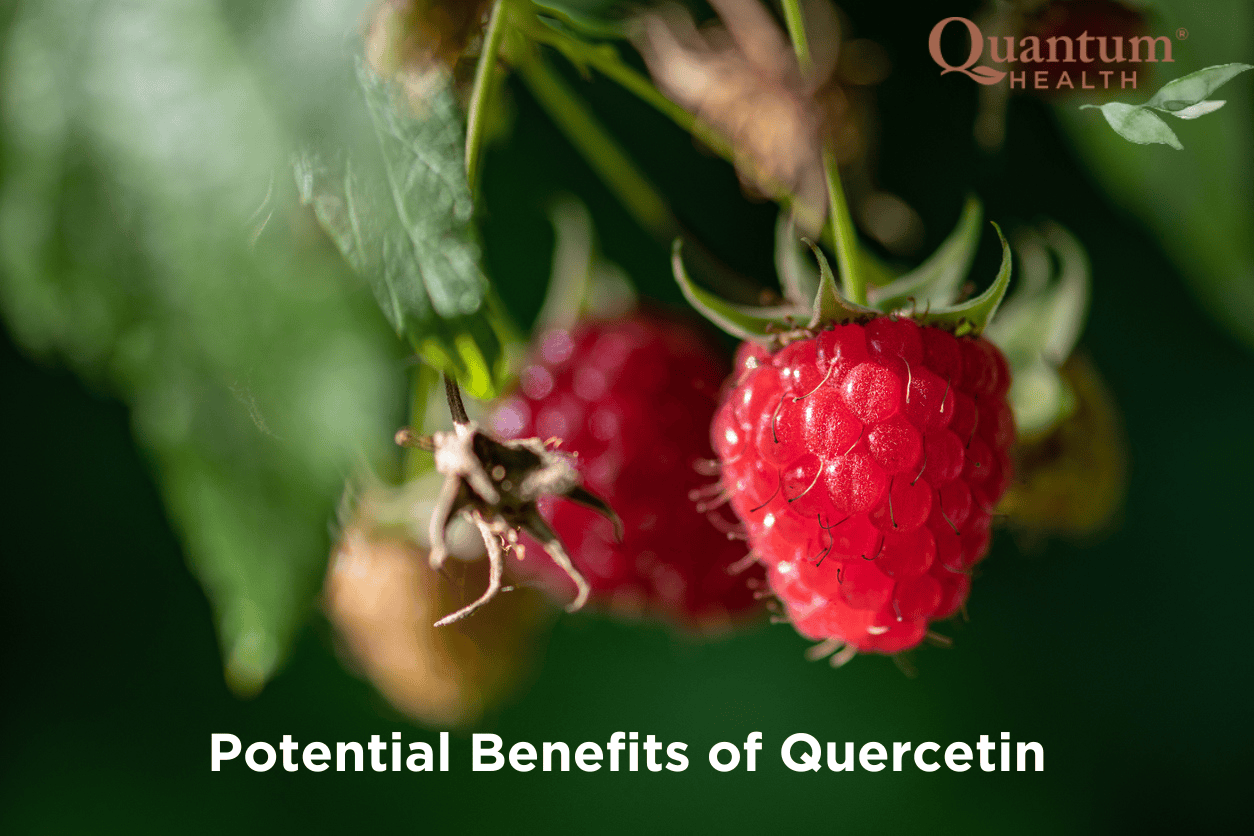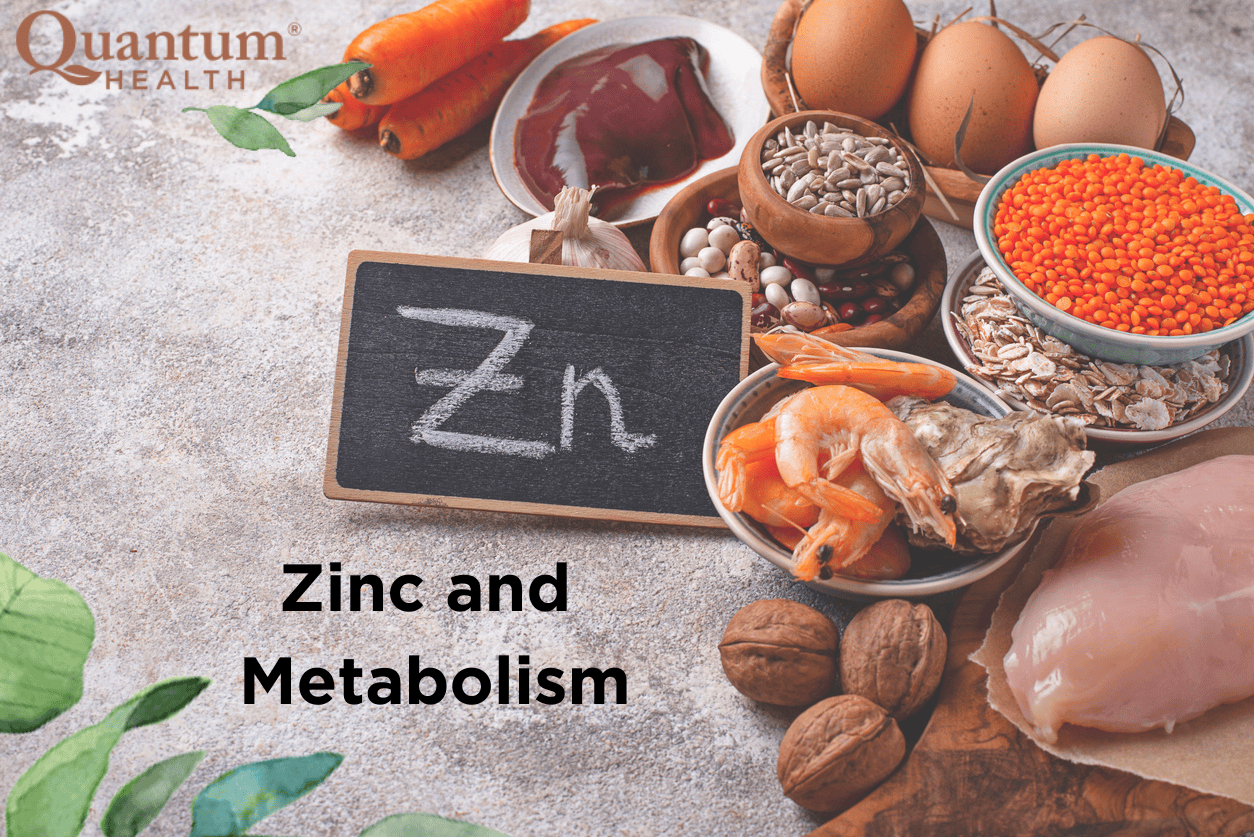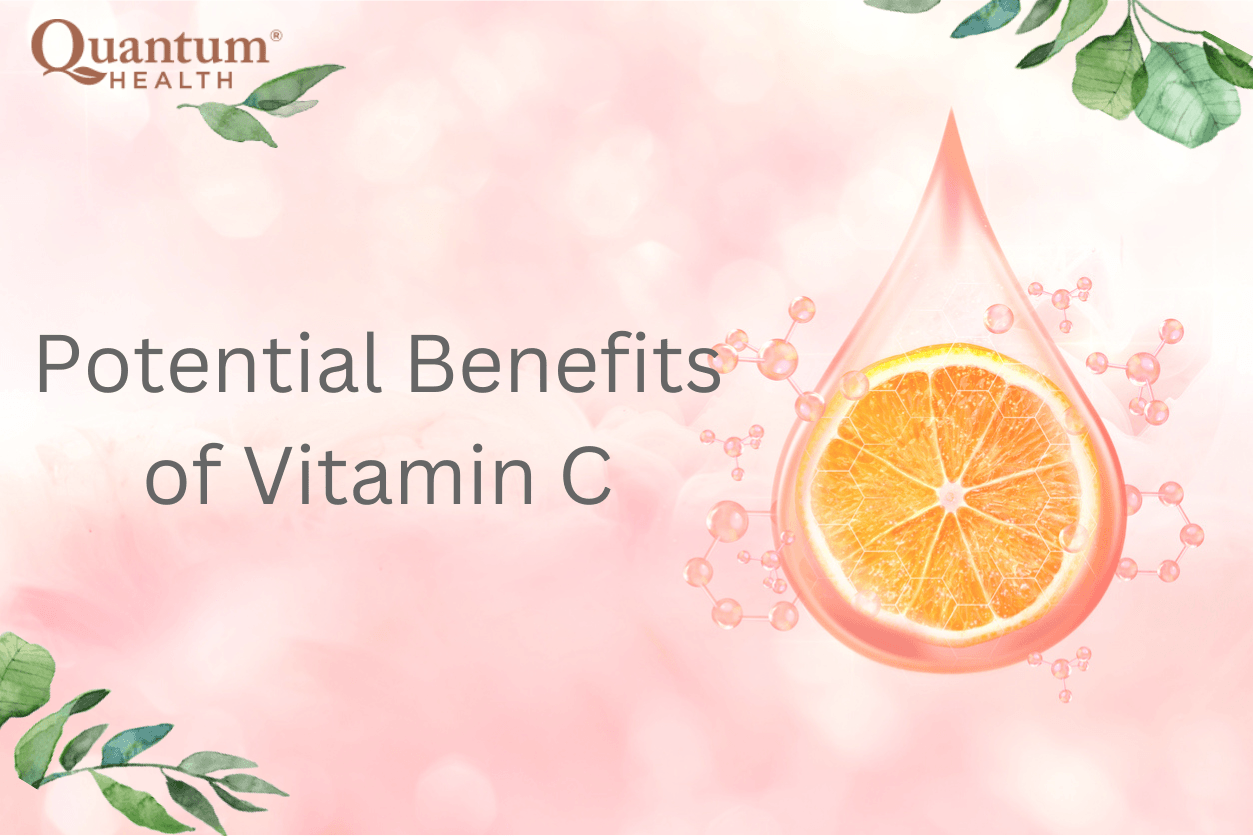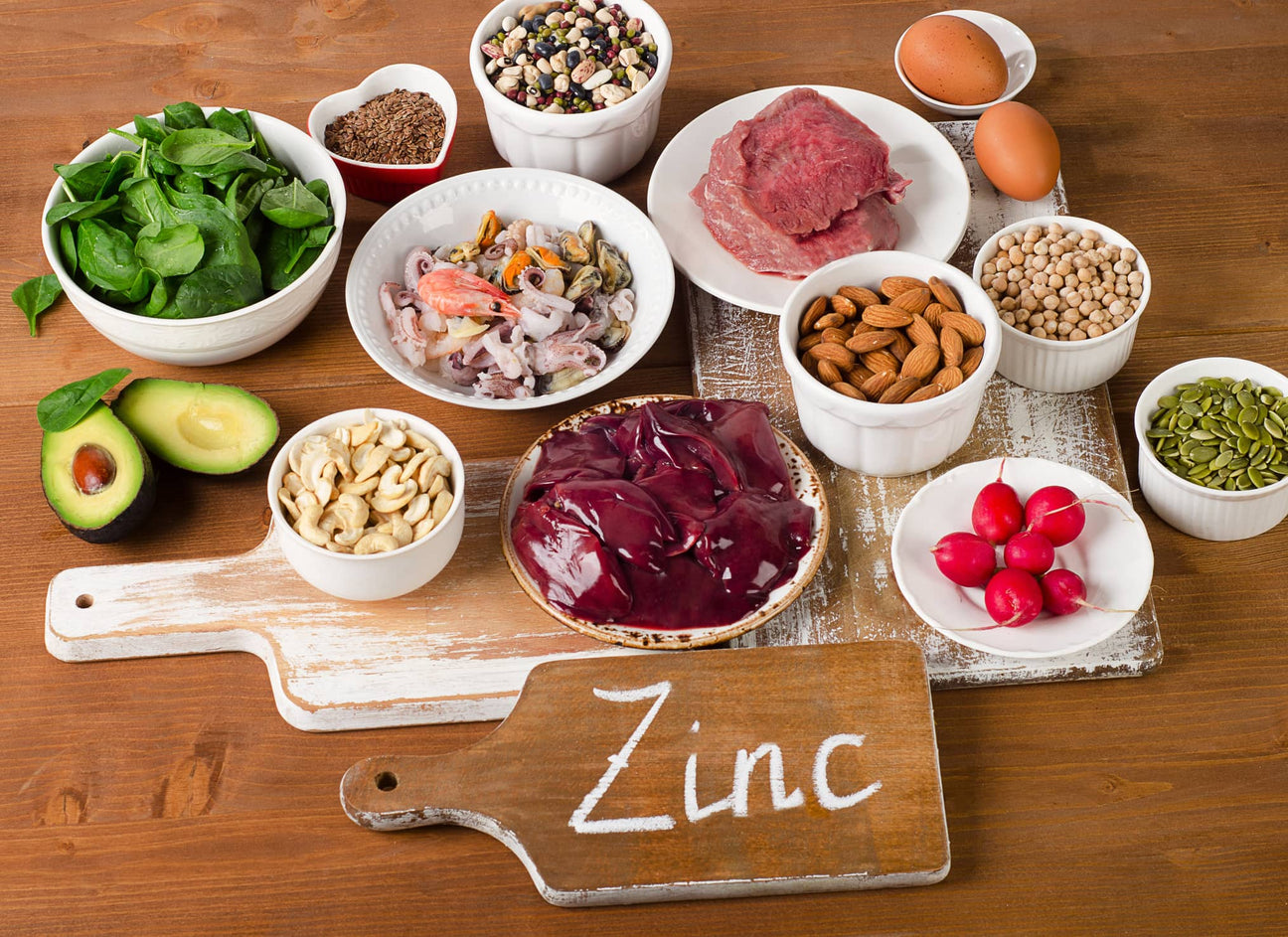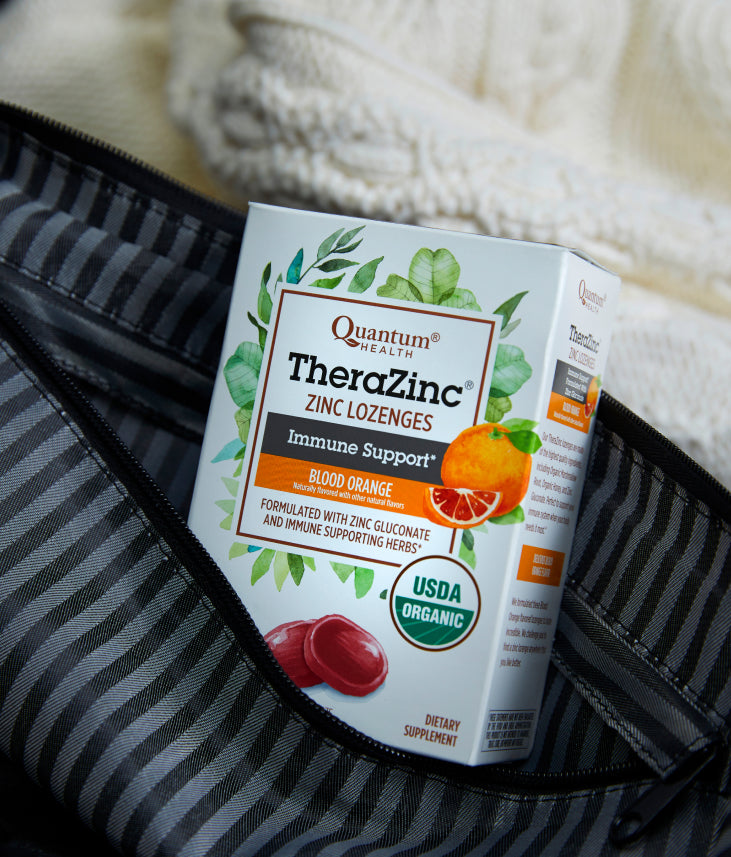What Exactly Is Lysine and What Is It Good For?
What Is Lysine?
Lysine (also known as L-Lysine) is an amino acid or building block of protein essential for growth and tissue repair. Contrary to other amino acids, our body cannot produce lysine, so we need to get it through other things like the nutrients in our diet and other supplements.
Lysine intake may potentially improve our immune function, promote calcium absorption, and support the formation of collagen. Lysine may also contribute to carnitine production (a chemical that can turn fatty acids into energy).
Sources of Lysine
Common sources of lysine include high-protein foods, dairy products, some plants, and legumes, such as:
- Meat (red meat, chicken, pork)
- Fish (cod, salmon, tuna, sardines)
- Dairy products (milk, eggs, yogurt, cheese—particularly parmesan cheese)
- Soy
- Beans
- Avocado
- Peppers
- Nuts
Lysine can also be found in supplements, ointments, and other topical products.
What Is Lysine Good For?
1) Lysine May Work as a Cold Sore Treatment
Cold sores (also known as fever blisters) consist of small blisters around the lips and in the mouth prompted by the herpes simplex virus (HSV).
Once you have contracted the virus, it may stay dormant until triggered. Stress, fever, fatigue, and sunburn can start it and cause a cold sore outbreak.
Research shows that lysine may suppress HSV by antagonizing the viral activity of arginine, an amino acid that promotes HSV growth. A multicentered study also claims that lysine intake may accelerate recovery and reduce the occurrence and severity of HSV.
Recent research examining the effects of topical lysine reported that 40% of participants had healed their cold sore symptoms by the third day of application. The results increased to 87% participants by the sixth day and all participants by day 11.
2) Lysine May Improve Calcium Absorption and Retention
Research states that lysine can play an integral part in maintaining bone health.
Specifically, lysine may enhance intestinal calcium absorption and conservation of the mineral in our kidneys, contributing to a positive balance. These results suggest lysine may be used as a supplement in osteoporosis interventions.
Vascular calcification (VC) refers to mineral deposits in the vascular system. VC is common in people with diabetes and chronic kidney disease and is often associated with cardiovascular problems. When examining its effects, an animal study revealed that dietary lysine might ameliorate this calcification.
3) Lysine May Reduce Anxiety
Current research suggests that a healthy diet may help support the prevention and treatment of behavioral health disorders, highlighting the influence of amino acids on neurotransmitters involved in stress and anxiety.
After a one-week treatment, a Japanese study found that an oral intake of lysine and arginine may significantly decrease long-term and stress-induced anxiety in men and women.
A 2010 systematic review agrees, explaining how lysine and arginine may help balance cortisol levels triggered by stress in healthy individuals and people with high trait anxiety. The review also points out strong evidence for the use of both amino acids to help maintain a healthy mood and to promote peace of mind.
The Takeaway
Lysine is a crucial amino acid that our body cannot produce. We need to get it through a diet rich in high-protein foods, plants, or legumes or through supplements.
There is plenty of research around the effects of lysine. Studies suggest it may help treat cold sores, improve our capacity to absorb and retain calcium, and help maintain a healthy state of mind.
Share
Your share can inspire countless others.






















